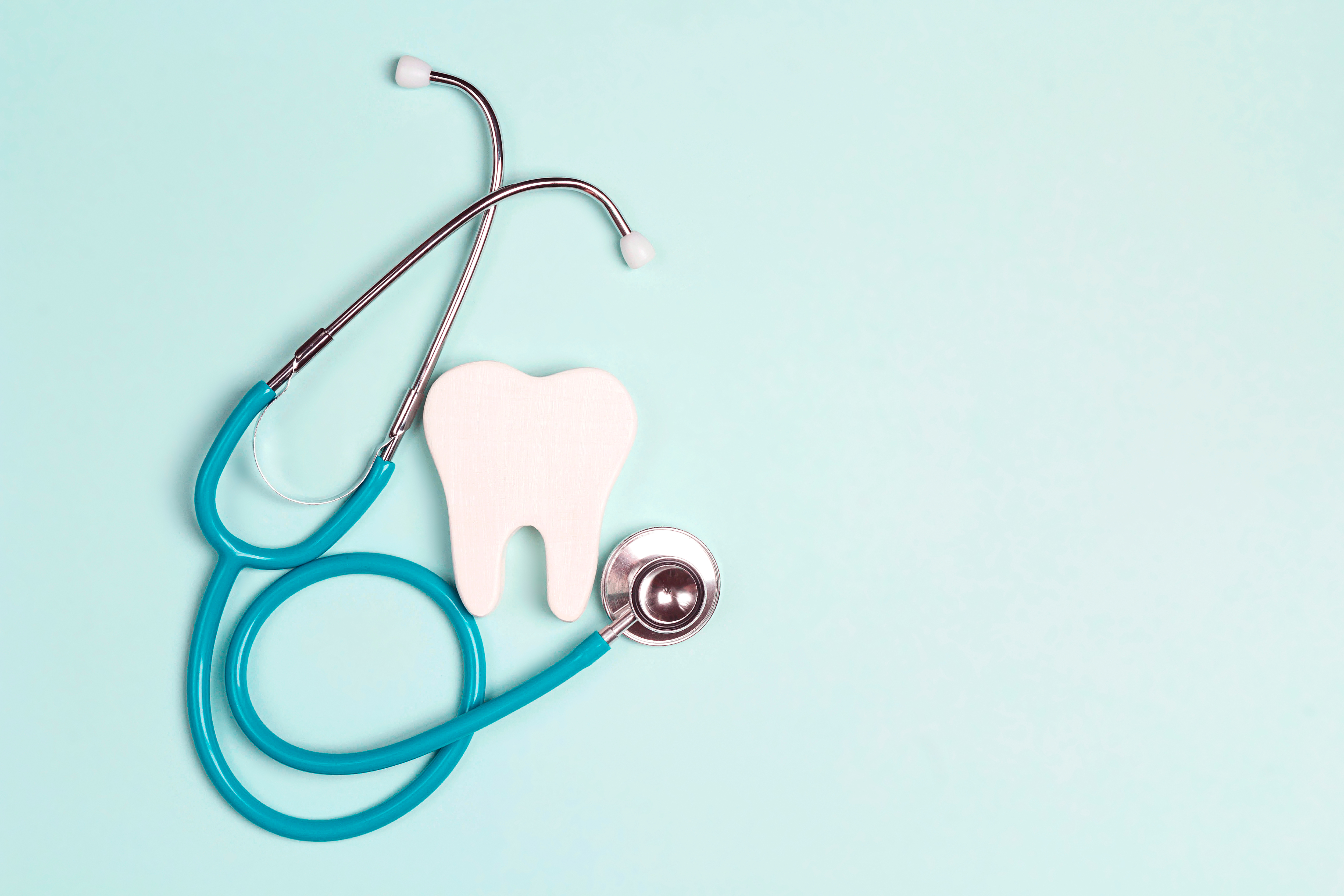Date
Snoring is a common problem that affects millions of people worldwide. It can disrupt sleep, affect relationships, and even lead to serious health issues such as sleep apnea. While most people associate snoring with respiratory or lifestyle factors, there’s another side to this issue that often goes overlooked: the connection between snoring and oral health.
Surprisingly, your teeth, jaw alignment, and overall dental structure can play a major role in whether you snore, and conversely, chronic snoring can have a significant impact on your oral health. In this blog post, we’ll explore how your dental health and snoring are interconnected and how we can help alleviate the problem.
What Causes Snoring?
Snoring occurs when air flows through the relaxed tissues of your throat, causing them to vibrate as you breathe. This can happen for a variety of reasons, such as:
- Nasal Congestion or Blocked Airways: When your nasal passages are blocked due to allergies, a cold, or sinus problems, the restricted airflow can lead to snoring.
- Obesity or Weight Gain: Extra fat around the neck area can compress the airway, leading to snoring.
- Sleep Position: Sleeping on your back can cause the tongue and soft palate to collapse to the back of your throat, partially obstructing airflow.
- Alcohol Consumption: Alcohol relaxes the muscles in your throat, increasing the likelihood of snoring.
But did you know that your oral health can also significantly influence whether or not you snore?
How Oral Health Affects Snoring
Your dental structure can be a hidden factor contributing to snoring. Here are a few ways your mouth, teeth, and jaw might be involved:
- Jaw Misalignment: If your upper and lower jaws don’t align properly (a condition known as malocclusion), it can narrow your airway, making it more difficult for air to pass through. Over time, this can lead to chronic snoring or even obstructive sleep apnea (OSA).
- Overcrowded Teeth: Overcrowded or misaligned teeth can contribute to snoring by causing the tongue to rest in an unnatural position, increasing the likelihood of airway obstruction. Additionally, misaligned teeth may lead to a compromised bite, which can also influence your airway’s structure.
- Enlarged Tonsils or Adenoids: While this is more common in children, enlarged tonsils or adenoids can obstruct airflow and lead to snoring. If we notice these enlarged tissues, we may refer you to a specialist for further evaluation.
- Mouth Breathing: Chronic mouth breathing, often caused by nasal obstructions, can dry out your oral tissues and cause you to snore. Prolonged mouth breathing can also lead to oral health problems like dry mouth, tooth decay, and gum disease.
- Tongue and Soft Palate Position: The position of your tongue and soft palate can significantly impact whether you snore. If your tongue tends to fall backward toward your throat while you sleep, it can block your airway and cause snoring. Similarly, a low-hanging soft palate can reduce the size of the airway.
The Impact of Snoring on Oral Health
While your dental structure may contribute to snoring, the reverse is also true: snoring can negatively affect your oral health. Here’s how:
- Dry Mouth: Chronic snoring often leads to mouth breathing, which can dry out your mouth. A lack of saliva can leave your teeth and gums vulnerable to bacteria, increasing your risk for cavities, gum disease, and bad breath.
- Bruxism (Teeth Grinding): Studies have shown a link between snoring and bruxism, a condition where you grind your teeth at night. Grinding your teeth can wear down your enamel, increase tooth sensitivity, and even cause jaw pain or temporomandibular joint (TMJ) issues.
- Gum Disease: Persistent mouth breathing due to snoring can dry out the gums, making them more prone to irritation and infection. Over time, this can lead to periodontal disease, which can cause tooth loss and affect your overall health.
- Sleep Apnea: Obstructive sleep apnea (OSA) is a severe form of snoring that occurs when your airway becomes completely blocked during sleep, causing you to stop breathing for short periods. OSA has been linked to an increased risk of oral health issues, such as periodontal disease and TMJ disorders.
How Your Dentist Can Help
If you’re struggling with snoring and suspect your oral health may be contributing to the problem, we can help. Here are a few ways they can address snoring and its effects:
- Oral Appliances: We can create custom oral appliances (also known as mandibular advancement devices) designed to help reduce snoring. These devices work by gently shifting your lower jaw and tongue forward, keeping your airway open while you sleep. These appliances are particularly effective for people with mild to moderate obstructive sleep apnea or those whose snoring is related to jaw alignment issues.
- Orthodontic Treatments: If your snoring is caused by misaligned teeth or jaw issues, orthodontic treatment may be recommended. Braces or clear aligners can help improve the alignment of your teeth and jaw, which can, in turn, reduce snoring and improve your overall oral health.
- Tonsil and Adenoid Evaluation: We may notice enlarged tonsils or adenoids during a routine exam, which could be contributing to your snoring. In such cases, we may refer you to an ENT (ear, nose, and throat) specialist for further evaluation and treatment.
- Management of Bruxism: If you grind your teeth at night, we may recommend a custom night guard to protect your teeth from damage. A night guard can also alleviate jaw pain and reduce the risk of developing TMJ issues.
- Preventive Care for Dry Mouth: If snoring is causing dry mouth, we can suggest treatments such as saliva substitutes or special mouthwashes to keep your mouth moisturized. We may also recommend increasing water intake and avoiding alcohol or caffeine, both of which can exacerbate dry mouth.
Snoring is more than just a nuisance; it can have significant implications for your oral and overall health. From jaw misalignment to mouth breathing, your dental structure can influence whether or not you snore. Similarly, chronic snoring can lead to oral health problems like dry mouth, gum disease, and tooth damage.
Fortunately, we can play a crucial role in diagnosing and treating snoring-related issues. Whether through custom oral appliances, orthodontic treatments, or preventive care, there are many ways we can help you manage snoring and protect your oral health.
If snoring is affecting your quality of life, don’t hesitate to book a consultation with us. Together, you can find a solution that not only helps you get a better night’s sleep but also ensures your smile stays healthy and strong for years to come.


 703-734-2750
703-734-2750







